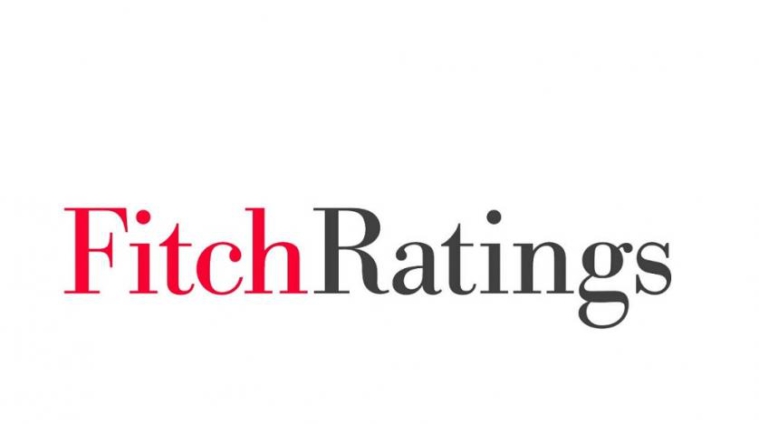Ratings agency, Fitch, has taken rating action against 12 Nigerian banks following the devaluation of the naira.
Fitch maintained the Rating Watch Negative (RWN) on First City Monument Bank's (FCMB) and Union Bank of Nigeria PLC's (UBN) Long-Term IDRs of 'B-' and National Long-Term Ratings of 'BBB+(nga)' and 'BBB(nga)', respectively.
It simultaneously affirmed eight other Nigerian banks' and two bank holdings companies' (BHCs) Long-Term IDRs at 'B-', while also affirming the issuers' National Long-Term Ratings with Stable Outlooks.
These entities are Access Bank Plc, Zenith Bank Plc, FBN Holdings Plc, First Bank of Nigeria Ltd, United Bank for Africa Plc (UBA), Guaranty Trust Holding Company Plc (GTCO), Guaranty Trust Bank Limited (GTB), Fidelity Bank PLC, Wema Bank PLC and Jaiz Bank PLC.
The National Long-Term Ratings of Stanbic IBTC Holdings PLC (SIBTCH) and Stanbic IBTC Bank PLC (SIBTC) were also affirmed at 'AAA(nga)' with a Stable Outlook.
ENG's Shareholder Support Rating (SSR) and the other issuers' Government Support Ratings are unaffected by the event.
Key Rating Drivers
The Nigerian naira was recently devalued sharply exceeding Fitch expectations of a more moderate depreciation in 2024.
The large devaluation is the second within a year (70% devaluation since end-2022) and has converged the official exchange rate with the parallel market rate.
The continued move away from a longstanding managed exchange rate regime, Fitch, said is conducive to restoring capital inflows and reducing foreign-currency (FC) shortages that have weighed on economic activity in recent years. However, it creates short-term macroeconomic risks, such as accentuating already-high inflation (December 2023: 29% year-on-year) that may weigh on economic growth, heightening loan quality and capital pressures already facing the banking sector.
Fitch now expects the banking sector's impaired loans (Stage 3 loans) ratio to increase at a faster pace than before the devaluation, which itself has caused already material FC-denominated problem loans to have inflated relative to gross loans and core capital and accentuated credit concentration risks.
Latest Stories
-
MTN Ghana begins 21 Days of Y’ello Care with focus on digitalisation in rural communities
29 minutes -
Professor Adu-Gyamfi backs constitutional reforms, calls for return of power to the people
38 minutes -
Ghana’s health system is ill-structured and lacks discipline – Prof Adu-Gyamfi
39 minutes -
We let ourselves down – Antwi reflects on Kotoko’s title miss
43 minutes -
Health Minister owes nurses an apology; his actions are killing patients – Former GRNMA President
46 minutes -
‘Great start at Kotoko but injuries held me back’ – Emmanuel Antwi
48 minutes -
Reject ‘Apor’ and other malpractices – Accra Mayor cautions BECE candidates
49 minutes -
2025 BECE: 10 arrested for malpractices
57 minutes -
FIFA Ranking: Black Queens drop to 66th globally and now 6th in Africa
1 hour -
ofi Ghana improves access to education with new schools and supplies in 5 cocoa communities
2 hours -
World Bank u-turn on Uganda loan ban ignites Africa’s LGBTQ+ rights crossroads
2 hours -
At least 242 on board Air India flight to London that crashed after takeoff in Ahmedabad
2 hours -
Fitch changes global oil sector outlook to deteriorating; predicts average oil price of $65 for 2025
2 hours -
The Plant Plug GH to host third Sip and Soil Experience on June 28
2 hours -
UK-Ghana Chamber of Commerce celebrates Fidelity Bank MD, Julian Opuni
2 hours

